Top UN Court Asked to Rule in Qatari Air Blockade Row
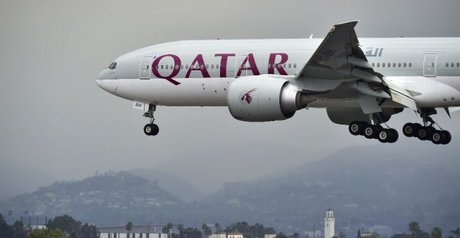
AFP
The bitter fight between Qatar and its Gulf neighbours took a new twist Friday as three Middle Eastern countries asked the UN's top court to resolve a dispute with Doha over sovereign airspace.
Bahrain, Egypt and the United Arab Emirates on Thursday requested the International Court of Justice to quash a decision in Qatar's favour, handed down by the UN's global civil aviation body.
The International Civil Aviation Organization (ICAO) last week ruled it had the jurisdiction to determine a dispute brought by Qatar, accusing its neighbours of violating an agreement that regulates the free passage of passenger planes through foreign airspace.
The three countries now want the Hague-based court to nullify the ICAO's ruling, saying its decision was "manifestly flawed and in violation of fundamental principles of due process and the right to be heard."
"The ICAO council is not competent to adjudicate" the countries said in papers filed before the ICJ.
They sought a declaration that the ICAO's decision is "null and void and without effect."
Thursday's filing is the latest salvo in the increasingly rancorous battle between Doha and its Gulf neighbours which erupted a year ago.
Then Saudi Arabia, Bahrain, the UAE and other allies severed ties with Qatar, accusing it of backing terrorism and Iran and imposed wide-ranging punitive measures including banning Qatari planes from their airspace.
In other measures Qatar's only land border with Saudi Arabia was closed and Gulf states ordered Qataris to leave within 14 days as well as calling home their own citizens.
Doha last month dragged the UAE to the ICJ accusing Abu Dhabi of human rights "violations" and discrimination against Qataris, saying it was fostering a "climate of fear" among its citizens.
Abu Dhabi in return called on Qatar to stop "supporting terrorist groups and individuals" as it strongly denied the human rights abuse claims.
A ruling in that case could still take a few weeks or even months.
The ICJ -- the UN's highest legal body -- was set up in 1946 to rule in disputes against states, but it can also give advisory opinions on legal questions referred to it by other UN organs and specialised agencies.
All diplomatic efforts have so far proved fruitless in resolving the crisis which has rendered the six-nation Gulf Cooperation Council practically obsolete.
Latest News
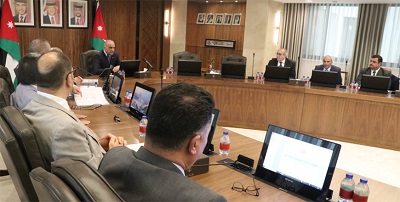 Prime minister directs government to support IEC ahead of upcoming elections
Prime minister directs government to support IEC ahead of upcoming elections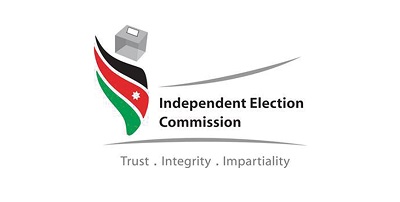 Parliamentary elections for 20th Lower House to be held on September 10 – IEC
Parliamentary elections for 20th Lower House to be held on September 10 – IEC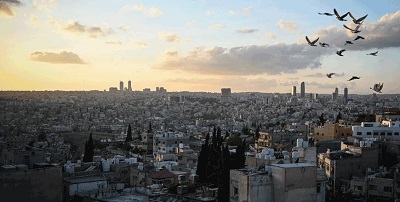 Amman Chamber of Commerce says GDP grows by 4.4% in 2023
Amman Chamber of Commerce says GDP grows by 4.4% in 2023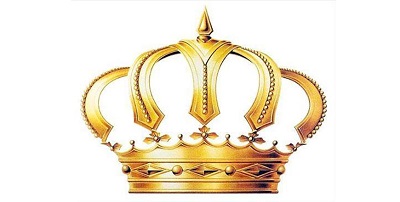 King orders holding parliamentary elections in accordance with law, checks on electoral commission’s preparations
King orders holding parliamentary elections in accordance with law, checks on electoral commission’s preparations- N. Macedonia starts elections that could decide stalled EU talks
Most Read Articles
- Palestinian prime minister, Jordanian ambassador discuss humanitarian efforts in Palestine
- US president signs bill to provide new aid for Ukraine
- Prime minister directs government to support IEC ahead of upcoming elections
- Senate president, Rwanda’s ambassador discuss bilateral relations
- 'Sinwar Above Ground': Hamas official's revelation shocks Israeli Occupation
- Iran cuts Syria presence after strikes blamed on Israel —monitor
- US Supreme Court seems split on Idaho abortion ban
- “Israel” withdraws main infantry brigade from Gaza
- Vaccines saved at least 154 million lives in 50 years — WHO
- Four dead as floods wreak havoc in Kenyan capital